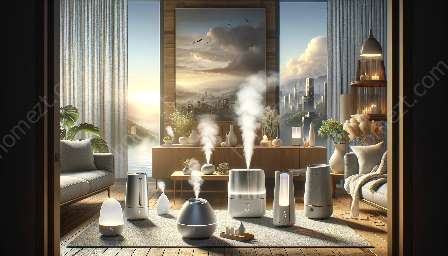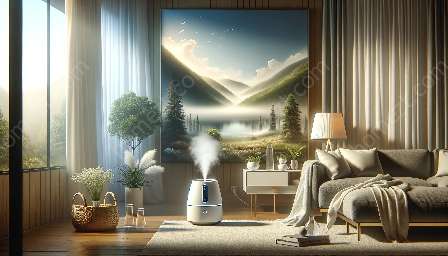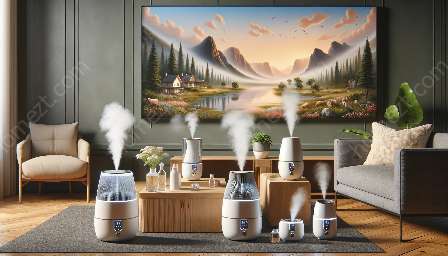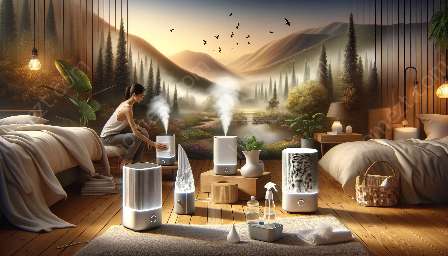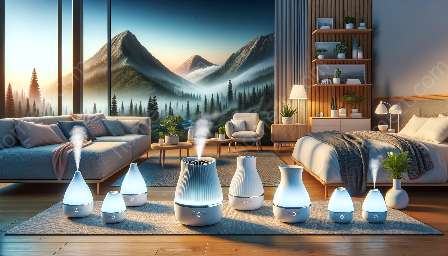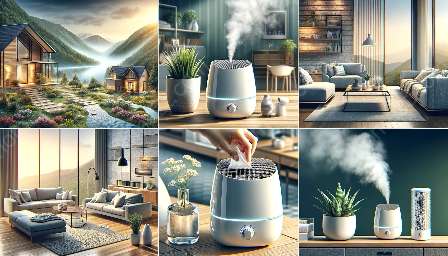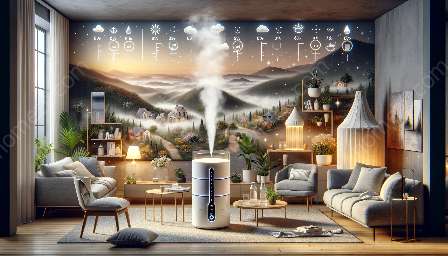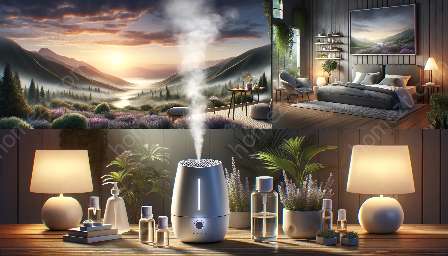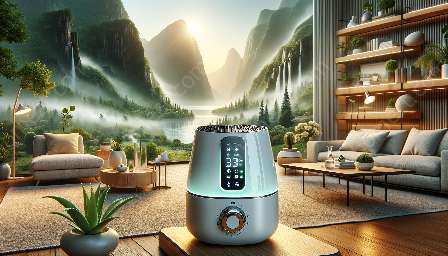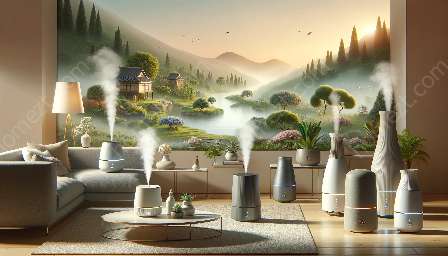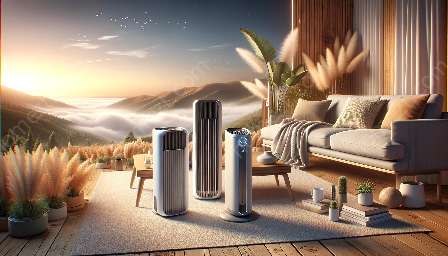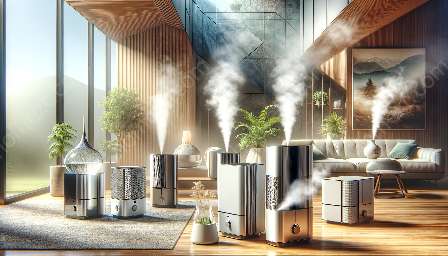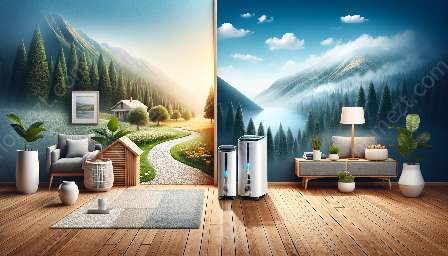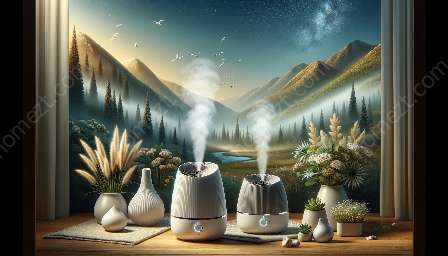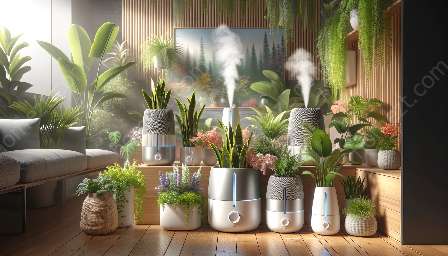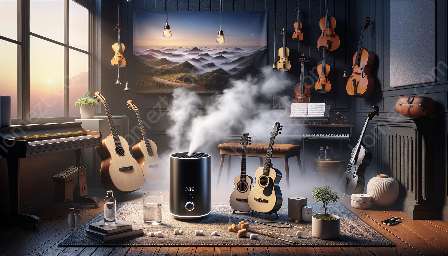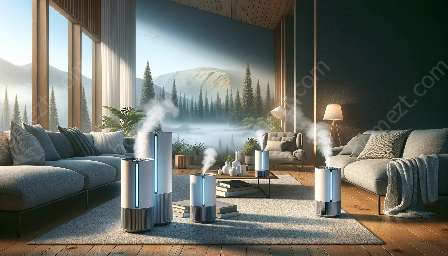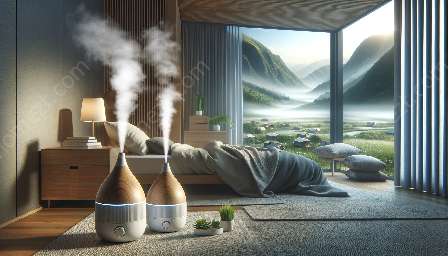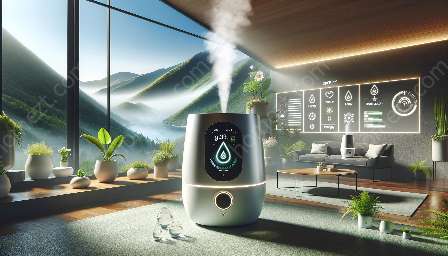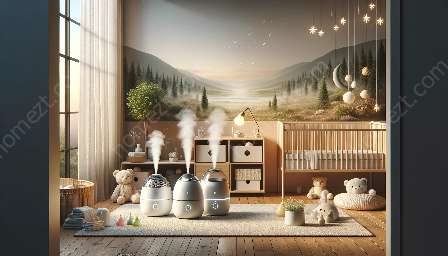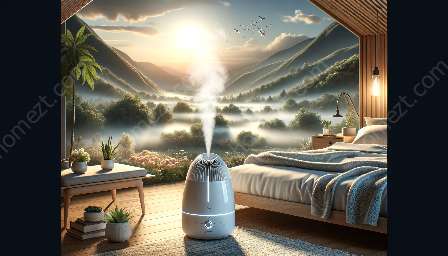Humidifiers are indispensable home appliances that contribute to healthier living environments by adding moisture to the air. Understanding how humidifiers work can enhance your appreciation for their role in maintaining comfortable indoor air quality.
The Role of Humidifiers as Home Appliances
Humidifiers are designed to increase the moisture content in the air, addressing issues related to dryness that can lead to discomfort and health problems. They are especially beneficial during winter when heating systems can cause indoor air to become excessively dry.
The Science Behind Humidifiers
Humidifiers function through various technologies, such as evaporative, ultrasonic, impeller, and steam vaporizers. Each type works differently to disperse water vapor into the air, but all are designed to achieve the same objective of increasing humidity levels.
Evaporative Humidifiers
Evaporative humidifiers utilize a fan to blow air through a wet wick or filter, which evaporates the water and releases moisture into the air. These devices are often self-regulating, as the evaporation process slows down as the humidity level in the room increases, preventing over-humidification.
Ultrasonic Humidifiers
Ultrasonic humidifiers produce a cool mist by using high-frequency vibrations to break water into tiny droplets that are dispersed into the air. They are generally quiet and energy-efficient, making them popular choices for many households.
Impeller Humidifiers
Impeller humidifiers operate by using a rotating disk to fling water at a diffuser, breaking the water into fine droplets that are released as a cool mist into the surrounding air. Like ultrasonic humidifiers, they are also quiet and suitable for use in bedrooms.
Steam Vaporizer Humidifiers
Steam vaporizer humidifiers heat water to produce steam, which is then cooled before being released into the air. These humidifiers are effective in eliminating bacteria and impurities in the water, resulting in cleaner moisture being dispersed.
Regulating Humidity Levels in the Home
Proper placement and regular maintenance of humidifiers are essential to maximize their effectiveness. Monitoring the relative humidity in your home with a hygrometer can help ensure that the levels remain within the recommended range of 30-50% to create a comfortable and healthy environment.
Conclusion
Humidifiers play a crucial role in maintaining optimal indoor air quality, particularly in dry climates and during the winter months. By understanding the science behind how different types of humidifiers work, you can make informed decisions when selecting a humidifier that best fits your home and lifestyle.

